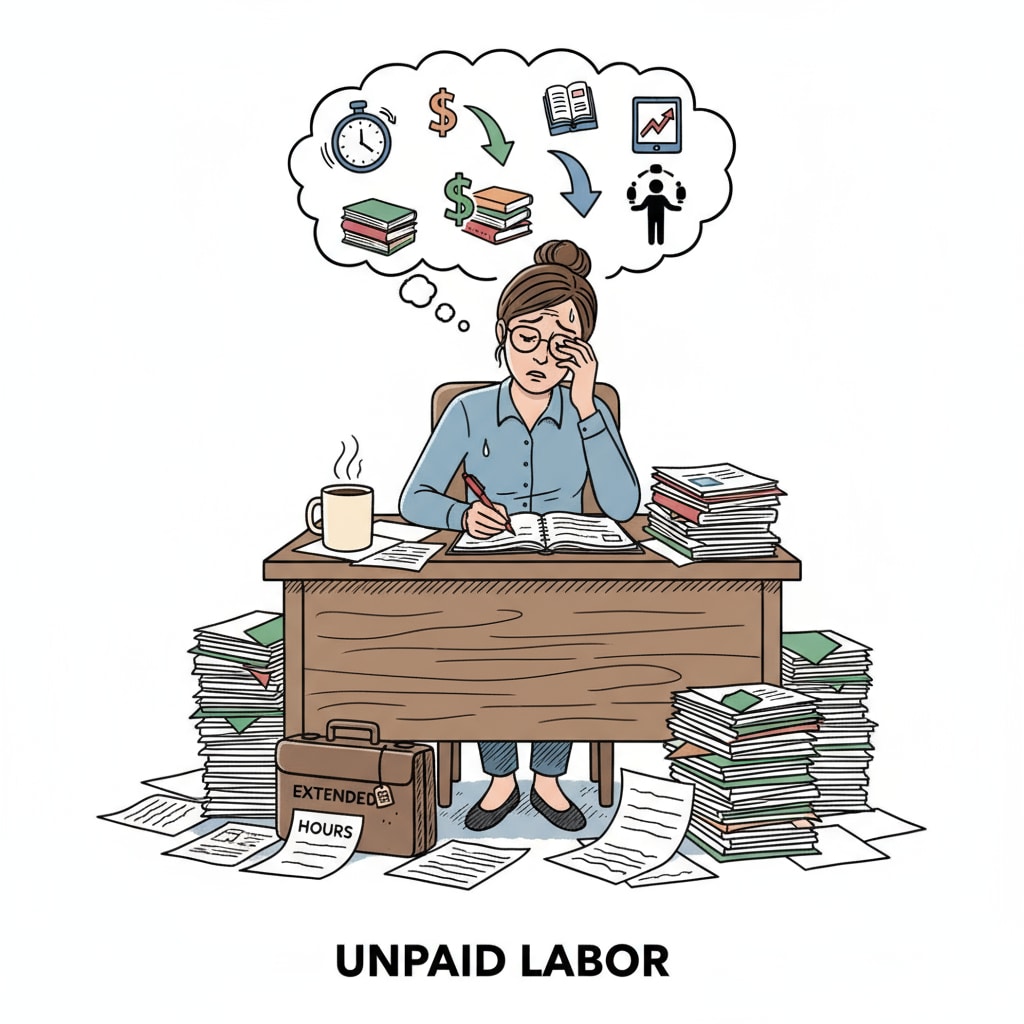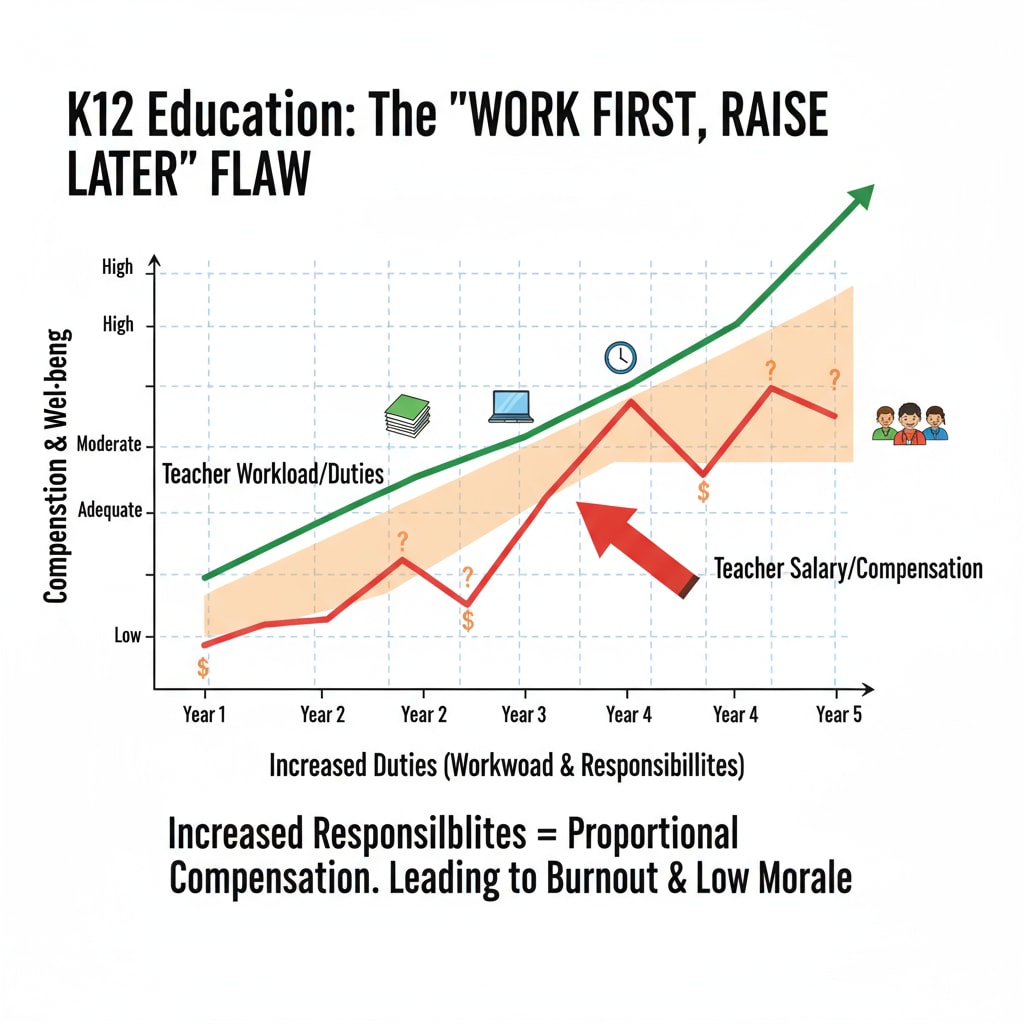Job reclassification, additional工作职责, and salary negotiation are crucial aspects that K12 educators often grapple with. In many K12 educational institutions, educators frequently encounter a frustrating situation: they are assigned more responsibilities, but their salaries remain unchanged. This imbalance not only affects their financial well-being but also poses significant challenges to their career development.
The Impact of Increased Duties without Salary Adjustment
When educators take on additional duties without a corresponding salary increase, it can lead to various negative consequences. Firstly, it creates a sense of unfairness. Teachers who work extra hours and take on more tasks feel that their efforts are not being adequately recognized. For example, a teacher who starts overseeing after-school programs on top of their regular teaching load may find themselves stretched thin, yet not compensated for this extra work. Teacher compensation research on NEA shows that such situations can lead to decreased job satisfaction. Secondly, it can cause burnout. The additional workload can be overwhelming, leading to physical and mental exhaustion. As a result, educators may become less effective in the classroom, which ultimately impacts student learning.

The “Work First, Raise Later” Model and Its Flaws
Many institutions operate under the “work first, raise later” model. They expect educators to take on new responsibilities in the hope that they will be rewarded with a salary increase in the future. However, this model often fails to deliver. There may be budget constraints, or the promised raises may be indefinitely postponed. In some cases, educators may work for months or even years with increased duties, only to find that there is no salary adjustment in sight. According to ASCD research on teacher compensation, this lack of timely reward can demotivate educators and make them consider leaving the profession.

To address these issues, educators need to be proactive in negotiating their salaries. They should research industry standards and compare their own workload and qualifications with those of colleagues in similar positions. By presenting a well-reasoned case to school administrators, educators can increase their chances of getting a fair salary adjustment. Additionally, they can explore options for job reclassification if their new duties significantly differ from their original job description. This may involve highlighting the new skills and responsibilities they have taken on. In conclusion, by understanding their rights and taking appropriate action, K12 educators can overcome the career development dilemmas caused by increased duties without salary adjustments.
Readability guidance: The text uses short paragraphs to clearly present ideas. Each H2 section provides key points. Passive voice is minimized, and transition words like “firstly”, “secondly”, “however” are used to enhance the flow. Lists could be further incorporated in future expansions for better organization.


